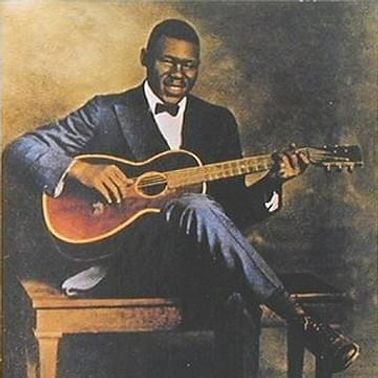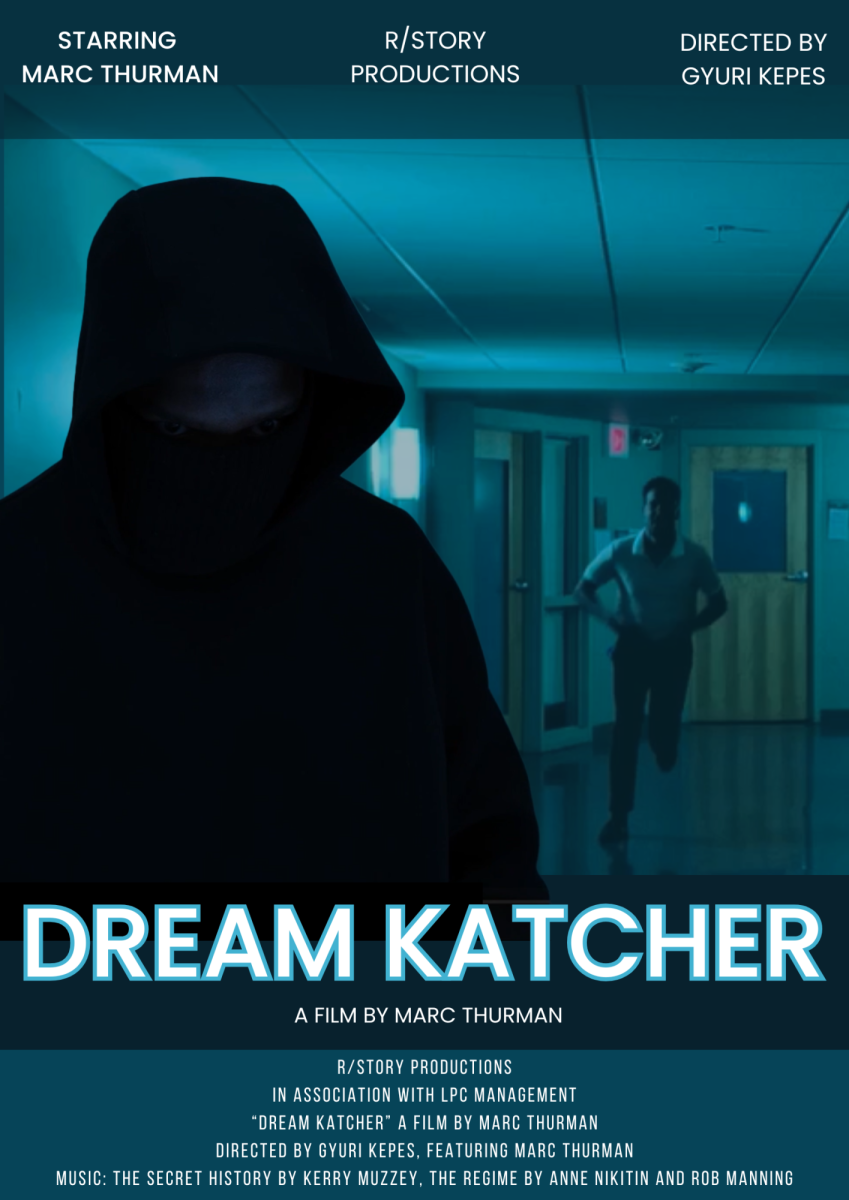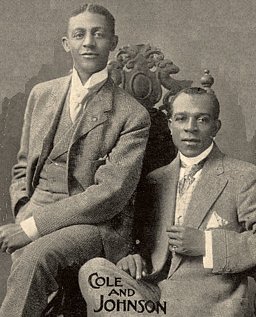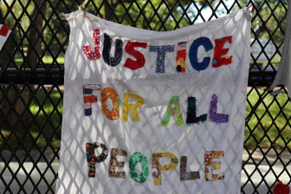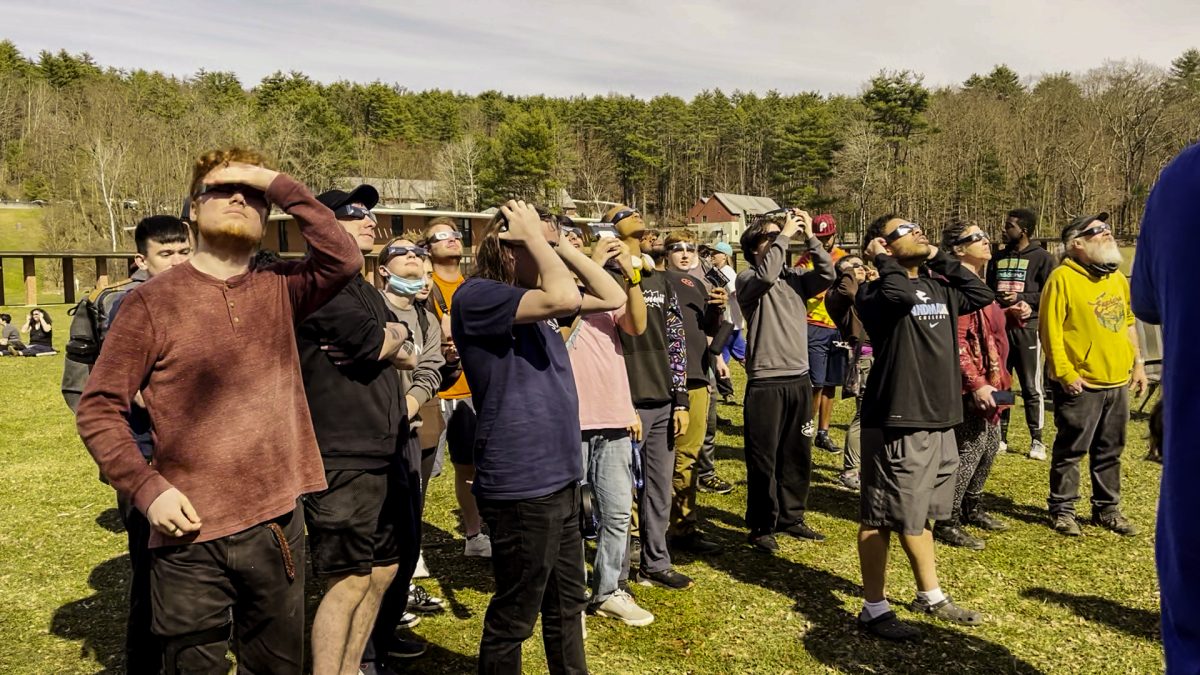WLMC Station Manager, Eden Kayser analyzes the song Detroit Bound Blues from 1928 and discusses the songs and artist’s connection with Black Music and The Great Migration
This article and audio story is written from an essay for the Summer 2 class, HIS3015, The History of African American Music Since the Civil War.
Listen to the song and commentary by clicking the link below.
https://soundcloud.com/eden-kayser-454111870/detroit-bound-blues-song-analysis-his3015?si=021aa0ce51f249e8868c480358cc3d9d&utm_source=clipboard&utm_medium=text&utm_campaign=social_sharing
Detroit Bound Blues was recorded in 1928 by African American musician Arthur Blake, known by the name, Blind Blake, as he was also blind. By listening to the song’s lyrics, you can tell the singer is wanting to go to Detroit so he can have a better paying job, afford to feed himself, and live a better-quality life in the city. This is in reference to the Great Migration where many African Americans living in the rural South migrated to urban cities in the North to seek better jobs and living conditions. Cities with the biggest populations of migrated Africans Americans included Chicago, Michigan, Cleveland, Ohio, New York City, and Detroit.
Conditions in the South at the time were very poor for African Americans. Many Black people still worked on farm plantations making little money while also dealing with the racial segregation from Jim Crow Laws. Not only did Black people struggle to make enough money to feed themselves, but there were also laws in place that prevented any African American from having the same rights as a white American and breaking those laws would result in punishment that could end their life. This was the push where many African Americans decided to move to the north where more opportunities were, and segregation laws were less harsh. It should be noted that restrictions based on race were still present in the north during this time. African Americans who migrated to the north often lived in ghettos and experienced social obstacles such as being looked down on for their “country” like manners. Even in the north, Black people could not fully escape racism, segregation laws, and being labeled as inferior to whites.
The Great Migration was advertised and promoted in African American communities. Black people living in the south would hear about the success that people with the same skin color were experiencing in the North from newspapers such as the Chicago Defender. It’s possible that Detroit Bound Blues was promoting migration to Detroit.
The song’s lyrics seems to be written for African American audiences in the South. Most white Americans did not have to worry about starvation and if they were looking for a high paying job, they wouldn’t have to move to Detroit. This demonstrates the limited opportunities that Black Americans had versus white Americans. The singer even mentions leaving his significant other behind and says, “they got wild women in Detroit” which shows how desperate he is to escape the south and to meet different women in the city.
Blues songs like this one was developed in the south by Black men and came from rural agricultural settings. They typically express feelings of sadness or hopelessness from problems such as love. The use of blues lyrics and instrumentals in this song was likely meant to relate with African Americans living under poor conditions in the South.
The artist, Blind Blake is an African American singer and guitarist for blues and ragtime. Not much is known about him. He likely grew up in either Florida or Georgia since he is known to have family there and is assumed to be born on 1896. In the 1920s he was first seen performing in Chicago and eventually began recording songs for the Paramount Records label before it folded in 1932. He became one of Paramount’s best-selling artists and was considered one of the greatest blues guitarists for his development of playing “fingerstyle” ragtime on the guitar that no other guitarist was known to play.
Through what we know about Blind Blake, it seems as though he likely grew up in the south and migrated to the north to pursue a music career in the 1920s. His talents as a guitar player gave him a celebrity status and became a successful musician despite being African American during a time of racial segregation. It may be possible that in Detroit Bound Blues, Blake is also singing about his own experiences after migrating to the North.
It’s shocking that although Blind Blake was a very popular and successful musician, there is almost no other information about him. After his last recording session with Paramount in 1932, he disappeared from to the public and wasn’t heard from again. It was unknown what his life was like before or after performing which demonstrates the value of African American singers at the time. Once Blake stopped making music, no one seemed to care about where he went or what happened to him. After decades of research, his death was finally explained in a 2012 article from Sunday Blues. After his last recording session with Paramount, he settled in Milwaukee but remained unemployed for three years, struggling with an illness. He was hospitalized in 1933 and died of Pulmonary Tuberculosis in 1934.
Detroit Bound Blues tells us about the reality African Americans faced during the Great Migration, living conditions in the South, and hope for opportunities in the North. It also shows us that African American lives such as the musician himself were seen as inferior which created more obstacles for Black Americans to overcome.
For more music commentary, and other great audio stories go to http://wlmc.landmark.edu/ for more music, talk shows, news, sports, and other original content. Be sure to also check out the WLMC Show Schedule – VOICES (lcvoices.com) to catch WLMC DJs live on the air.

